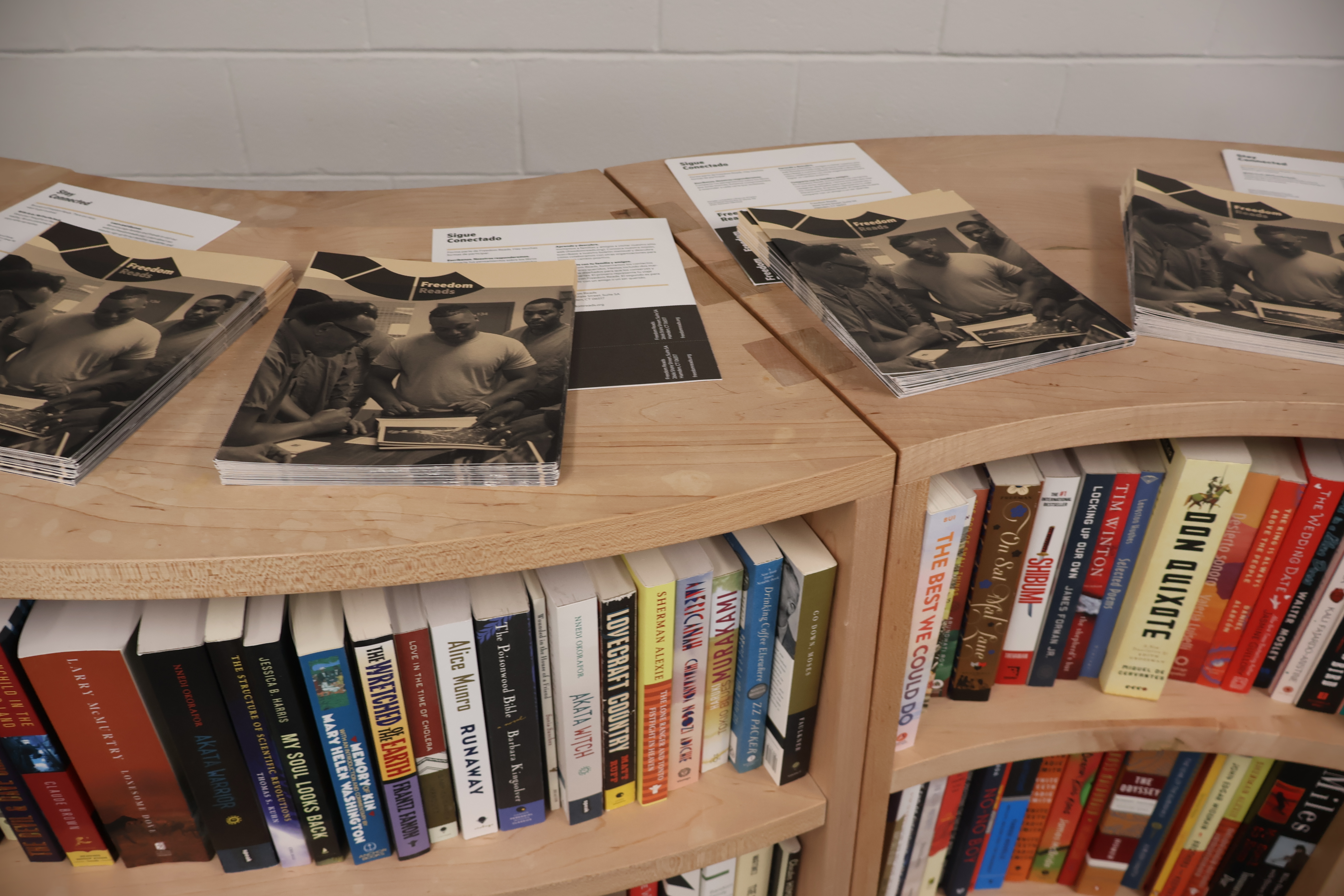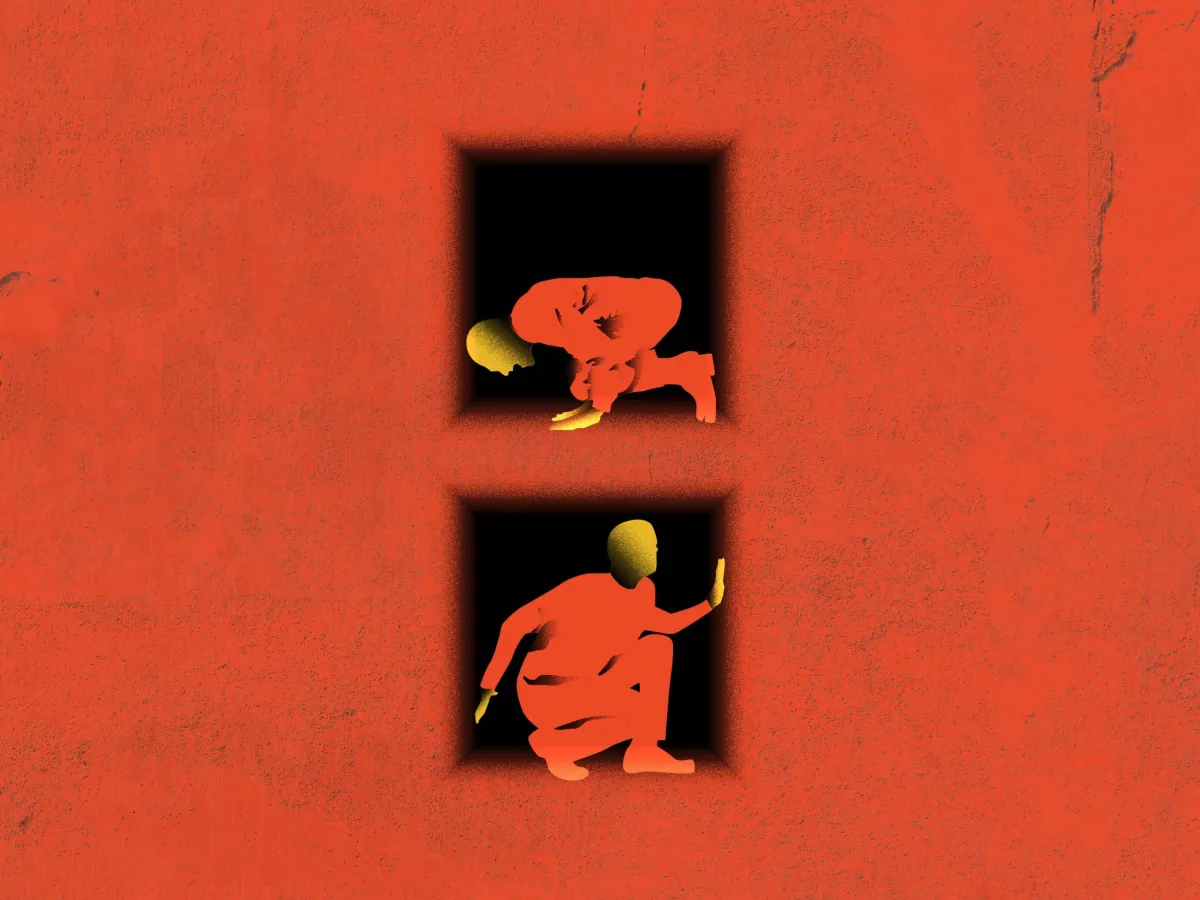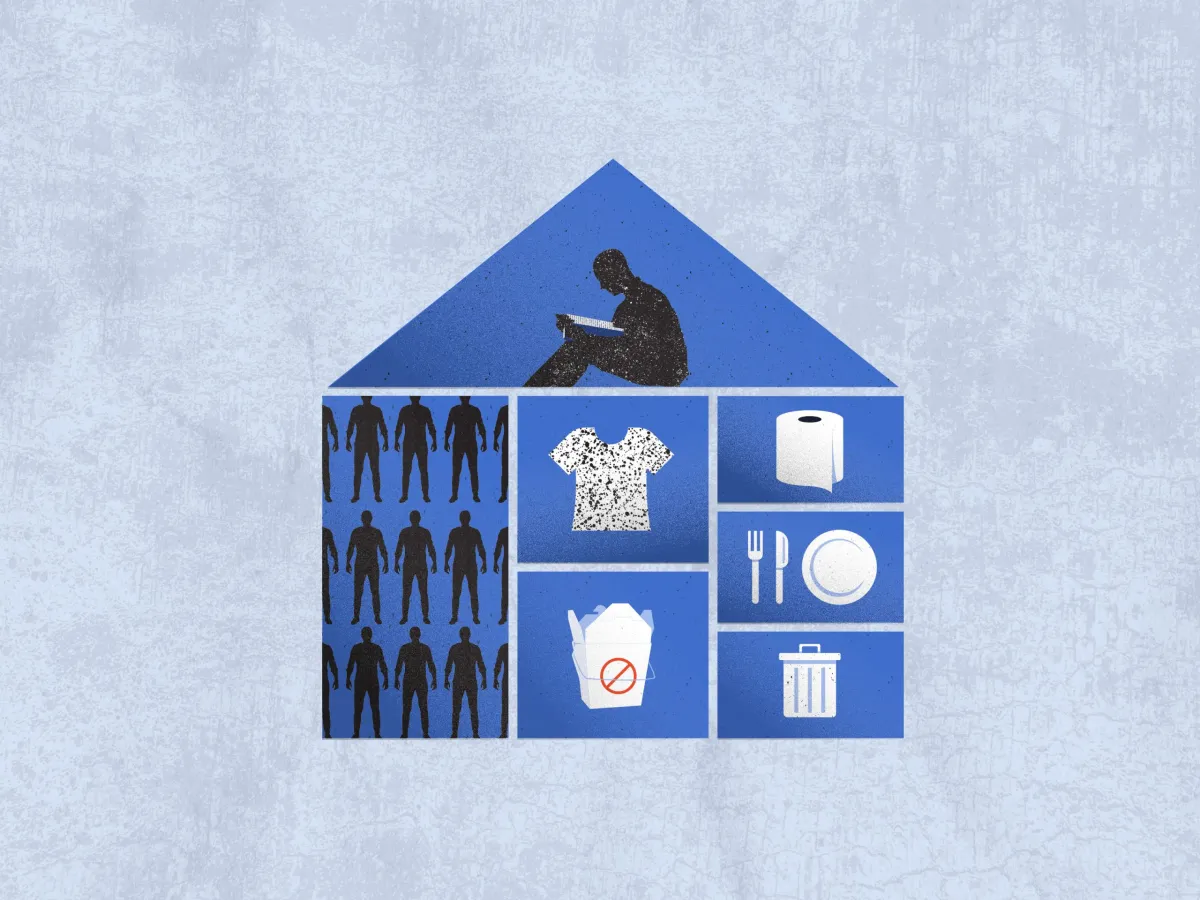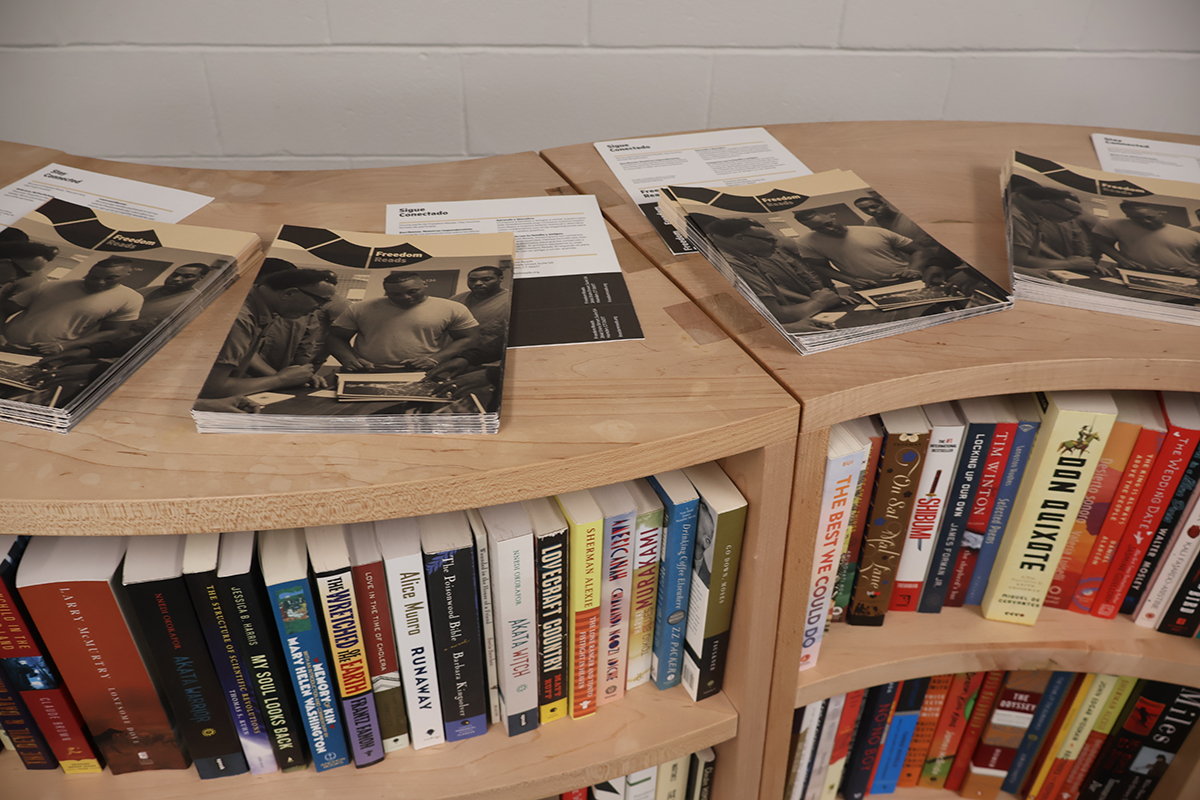Founder's Take: The Importance of Being Seen

I’ve always struggled with the beginnings of things, for me it makes the most sense to meander my way into things. In a way, I meandered my way into prison. I took the crash course: petty crime to carjacking before the midterms of my junior year. I get locked up in December and I might as well have gotten locked up in January. End of the year, beginning of the year – you get to imagine where you’ve been and what you’ve become.
Continue Reading
A smuggled book changed his life. Now he’s built 500 prison libraries.
Reginald Dwayne Betts was locked up as a teenager for carjacking. Books were his escape, and he went on to be a poet, lawyer and founder of Freedom Reads.
How books — and bookshelves — are helping incarcerated people in Connecticut
In Connecticut, formerly incarcerated people are building bookshelves and filling them with books for donation to prisons. They say reading helped them get through their own sentences.

Why a Cellmate is Not like a Roommate
“The prison is like an isolated town with nowhere to go. And the cell is our whole house,” Biktor B. writes, adding that this “house” is shared by complete and often incompatible strangers, who have next to nothing in common.

What Is it Like to Live in a Halfway House?
Kashawn Taylor writes about the expectations and realities of living in a halfway house after leaving prison, noting “it feels like freedom, with an asterisk.”
Latest Episode
The Past's Presence: Jesmyn Ward
In today’s episode, Jesmyn Ward reads from her third novel, Sing, Unburied, Sing, which is at once a bildungsroman, a ghost story, an epic, and a road novel. In portraying the suck of Parchman Prison on the generations of one Mississippi family, Ward deftly explores how the real threat of incarceration haunts these psyches and, in turn, these familial relationships. In this moving conversation, Ward reflects on living with grief, on listening for communications from beyond our immediate reality, and on the central commitments of her work: to restore agency to the kinds of characters too often denied a voice—and to grant acceptance to the ones harder to forgive. (July 26, 2021)
